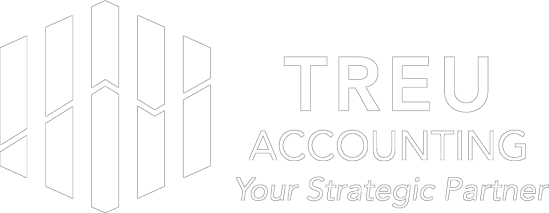Tax Deductions for Influencers and Content Creators
As a self-employed influencer, taxes can significantly impact your income. You’ve probably found yourself wondering if there are ways to reduce your tax bill legally.
Thankfully, the IRS recognizes that some expenses are necessary to run your business and allows you to deduct them from your business income before it is taxed. This in turn lowers your income, resulting in less taxes.
What Expenses Qualify as Tax Deductible?
There are a number of business expense categories that may be deductible. Here are a few that are commonly used by influencers:
Clothing and Beauty Products
While essential for crafting the desired image in content creation, not all clothing and beauty products qualify for deduction.
Examples of possibly deductible expenses:
- Fitness clothing for workout videos
- Lingerie – deductible for models or OnlyFans content creators
- Beauty products, including hair products and tools that are used during the video, and stage makeup not suited for everyday use.
- Props – wigs and items used regularly to differentiate characters in your content.
Examples of items that would not be deductible:
- Clothing that could reasonably be worn outside of work. The rule isn’t if you would wear it, but could you wear it.
- Items that aren’t visible in the content.
- Personal care or beauty products not specifically used in the content – if you’re not actively using it in the content, it’s not deductible. If you’re not having your nails done in the video, your manicure is not deductible
Advertising and Marketing
Business expenses related to marketing and advertising are potentially deductible, such as ads (including sponsored posts and Facebook ads), branded clothing, website expenses, and giveaway prizes.
Home Office Deduction
For influencers working from home, a home office deduction is available. This deduction allows you to write off a percentage of your rent, mortgage interest, property taxes, qualified mortgage insurance premiums, and home insurance as business expenses. To qualify, your home office must be your primary place of business, and you can only claim the area used regularly and exclusively for business, as defined by the IRS.
Travel Expenses
Deductible travel expenses include flights, hotels, transportation, and meals, provided they are business-related and necessitate an overnight stay. It’s crucial to allocate expenses only for the business portion of a trip. Additionally, mileage for business-related travel, such as meetings with clients or picking up supplies, can be deducted if you maintain a home office, but meticulous tracking of miles is necessary.
Business-Related Education
Investing in courses to enhance your skills as an influencer can help your business succeed. Classes in topics such as social media marketing, photography classes, or business management may be deductible, along with course materials and associated fees.
Final Thoughts
Creating content can be expensive. Being a self-employed influencer requires proactive efforts to claim every eligible deduction and tax credit, thereby reducing taxable income.
Tax law is constantly changing, and it’s important to stay up to date on the latest rules in order to take advantage of every opportunity and avoid any missteps. Working with a qualified tax professional can be a good business decision (and is a deductible expense).




